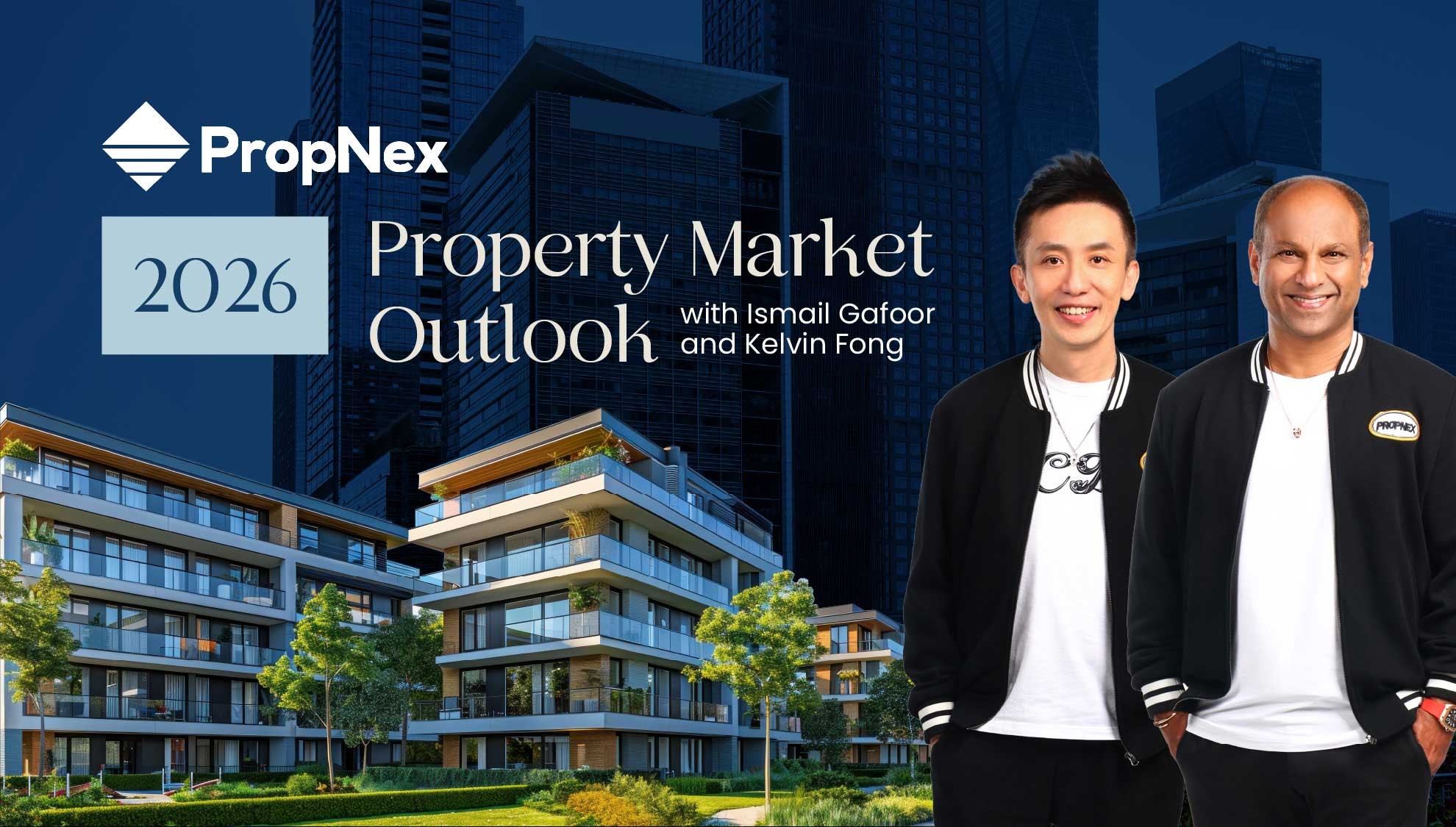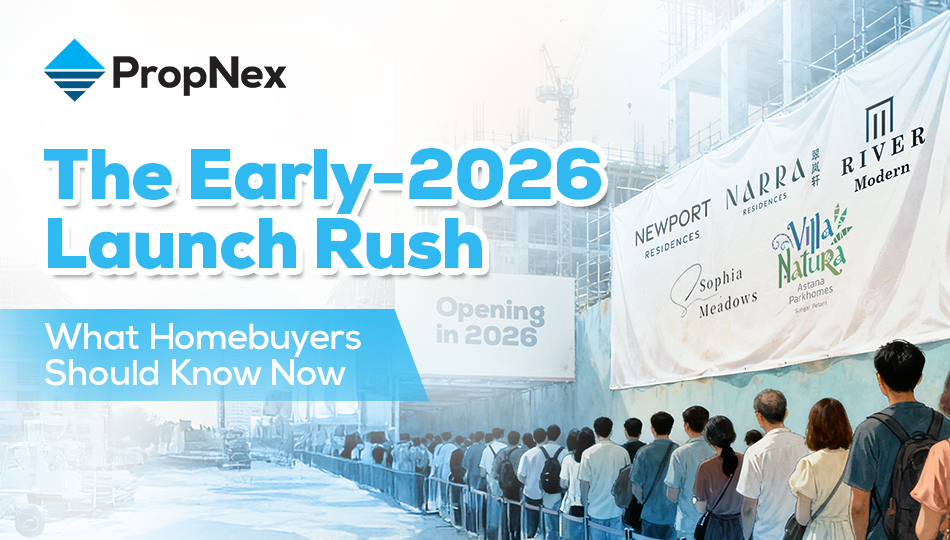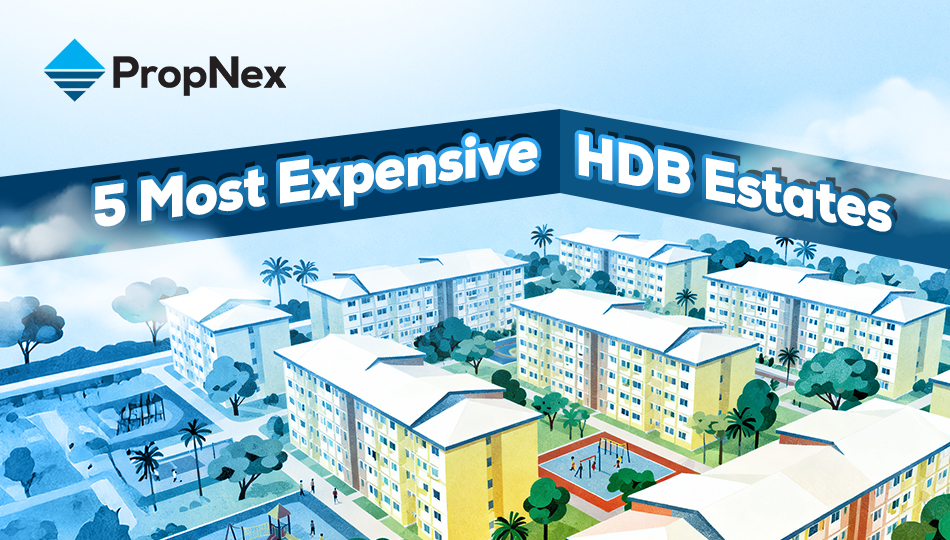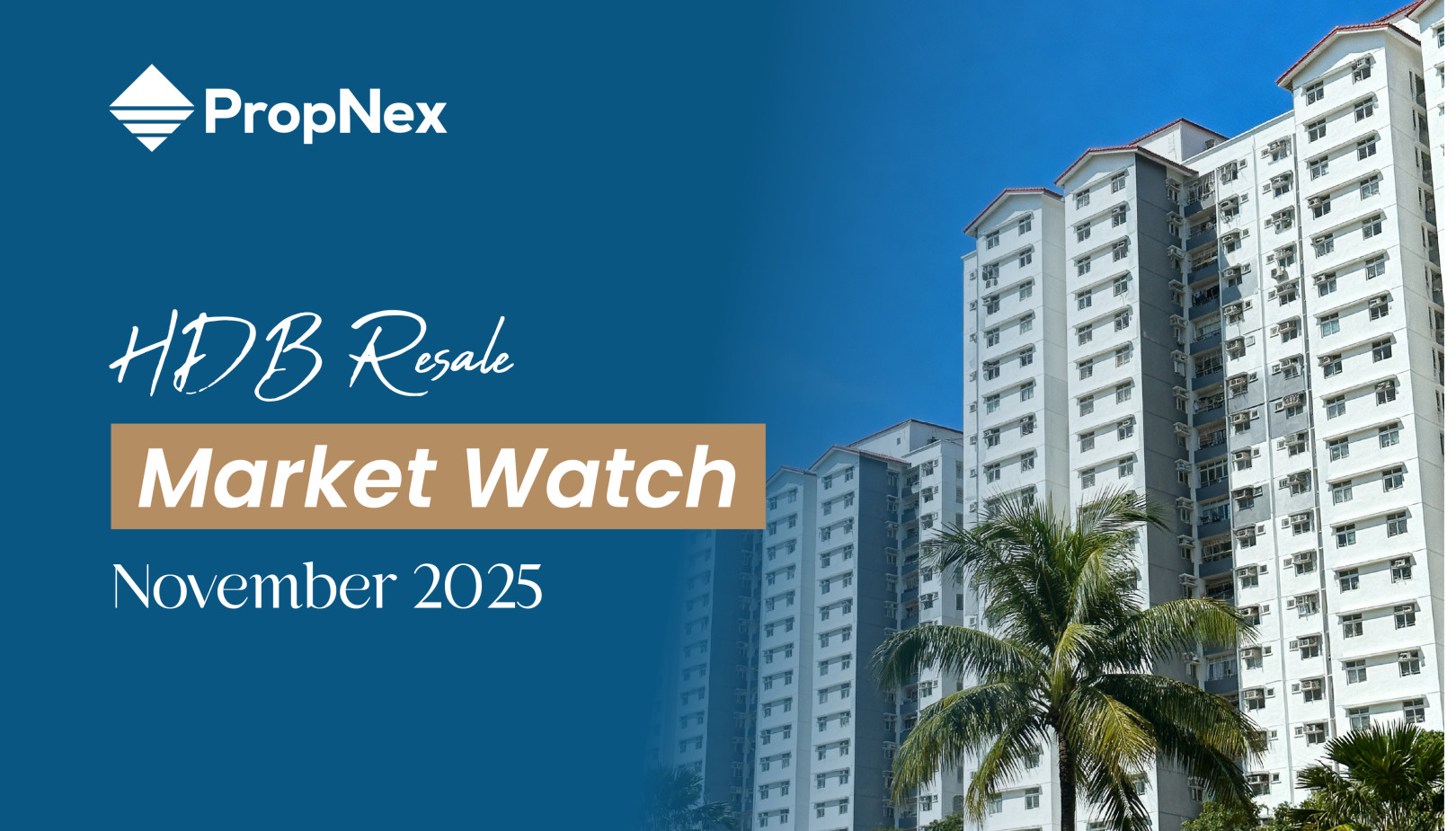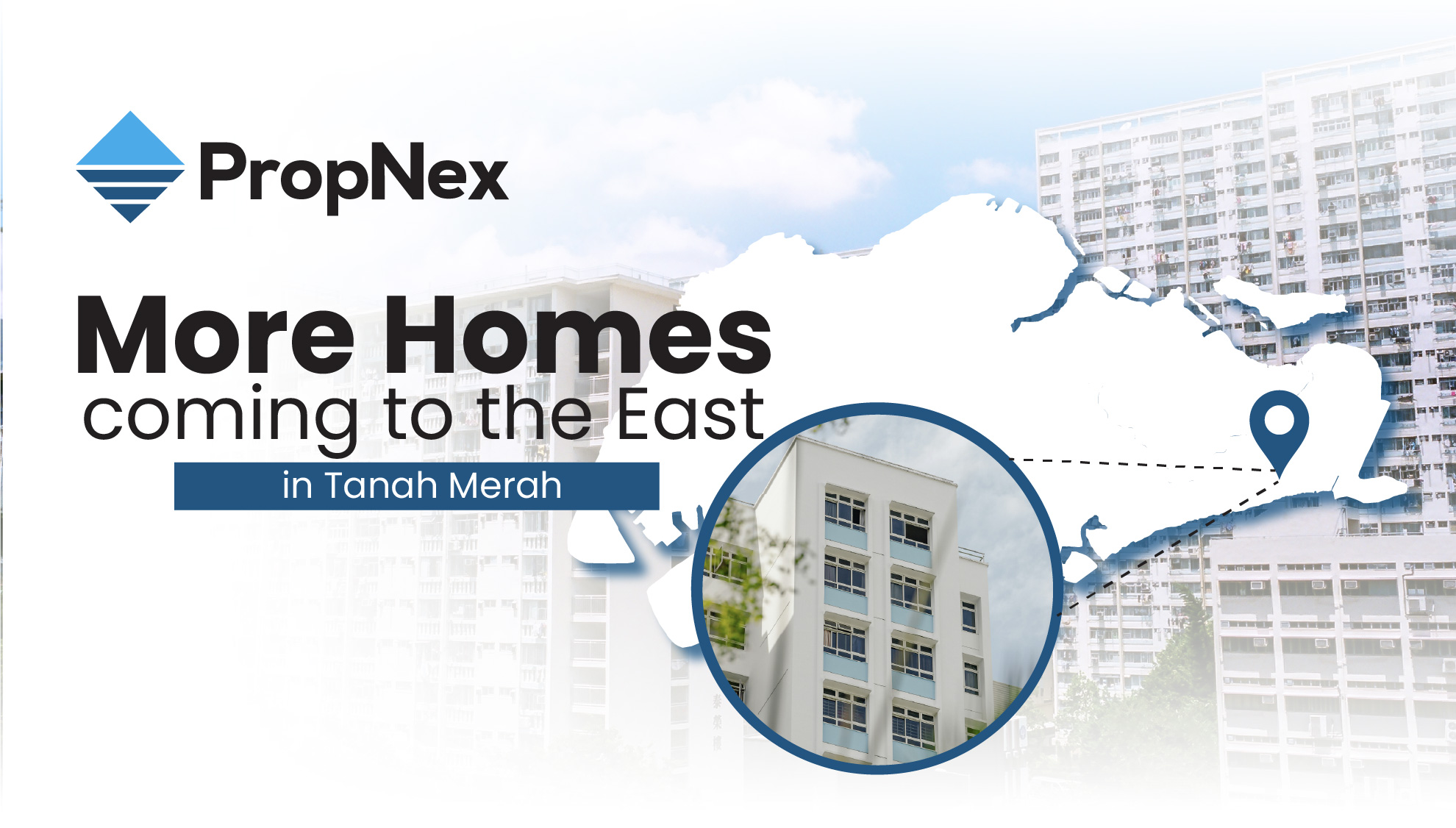Thinking Of Renting An Apartment? Here Are The Key Things To Note Before You Make The Move
Thinking of renting an apartment? Here are the key things to note before you make the move.
By PropNex Research and editorial
While renting a home may seem straightforward enough at first, it could get complicated when one gets to the nuts and bolts. Identifying a choice location and ascertaining the rental budget are just the initial steps of the leasing process.
In addition, it is also important to allocate sufficient time for the home hunting process, from reviewing listings to shortlisting properties and viewing the units. Ideally, one should set aside at least two to three weeks to sift through the options available. Increasingly, many property agents also make use of digital platforms to conduct virtual tours of units, which will also help to save time in narrowing down and shortlisting of choice properties.
Here’s a checklist on some of the main factors to note before leasing a home in Singapore.
/14%20SEPT%202021/PropNex%20Picks%2014%20Sept%202021%20(Hero).jpeg)
Budget and leasing period
Do the math and decide on the budget for rent. Be sure to consider other financial commitments and expenses when doing the sums to ensure that one is not financially-stretched. The key is: rent within your means - there should be some funds left from your monthly income to go into savings and investment after accounting for rental and expenses.
Having the budget sorted out, it is time to consider the lease period. In Singapore, the current minimum rental period for private residential properties is three months, while that of HDB flats is six months. These days, most people would sign either a one- or two-year contract, which gives them the flexibility to re-negotiate the lease terms upon renewal or move to a different property.
Location
Make a list of the neighbourhoods that one likes or prefers to live in, and why they have been selected. Consider factors such as: price; convenience; transport connectivity; availability of amenities within walking distance; commuting time to work or school; privacy; and its surroundings (for example, is there major construction works going on nearby?)
For private residential properties, they can be grouped into three main sub-markets – Core Central Region (CCR) in the prime city area, Rest of Central Region (RCR) or the city fringe, and Outside Central Region which refers to the suburban areas. Naturally, rents in CCR are higher than the other two sub-markets.
In Q4 2020, data showed that the median rent in CCR at $3.96 psf is below the $4.05 psf in Q4 2019. Meanwhile, the median rent for RCR and OCR in Q4 2020 at $3.46 psf and $2.76 psf respectively have exceeded their corresponding figure from a year ago.
HDB flat or private home
There are various types of properties for rent with the two common ones being private condos and HDB flats. Which to opt for will depending on the budget, lifestyle preference, and housing needs. Typically, renting an HDB flat is cheaper than leasing private condo in a given area. However, public housing is unlike gated private apartments as they do not come with facilities. So, if things like a gym, swimming pool, tennis courts, function rooms and BBQ pits are important, then opt for private condos.
In 2020, there were a total of 86,567 non-landed private home leasing contracts (excluding executive condos), representing a 2% decline from the 88,116 contracts in 2019. Some of the areas that are popular with tenants last year were in the prime Districts 9 and 10 in the city. Some tenants likely took the opportunity to move to the CCR as the pandemic weighed on rental rates.
Meanwhile, a total of 38,798 HDB flats were approved for rent in 2020 – down from 48,195 leases in the previous year. Among the flats rented out, 4-room units were the most popular, accounting for over a-third of the total rental approved in 2020.
Viewing the property
Once the ideal property has been selected, the prospective tenant who may have concerns such as noise level could choose to visit the unit again on a different day and at a different time. This could help to better assess the living environment - for instance, there may be more traffic noise or the roads may be more congested on weekday mornings than during the weekends.
Do not be afraid to ask questions. If one is only leasing a room, find out if cooking is permissible in the kitchen, or if visitors are allowed. Other questions can include whether pets are permitted, whether the unit will come unfurnished, partially furnished, or fully furnished. Do note that fully furnished apartments will cost more to rent.
/14%20SEPT%202021/PropNex%20Picks%2014%20Sept%202021%20(Image).jpeg)
Get into the details
Before signing off on the agreement, be sure to evaluate the lease terms carefully and clarify any points that are unclear. It is advisable to engage a professional property agent to help you with the leasing process. They will be able to give recommendations on ideal locations, navigate the negotiation process, and assess the contractual terms. Some of these issues could be relating to the security deposit, or the diplomatic clause in the case of foreigners renting homes here.
Would-be tenants should also check with the landlord on the process to address matters such as maintenance and repairs during the tenancy period. This includes how the landlord can be contacted, the response time, and who would bear the cost of repairs, for instance.
Once the unit has been selected and leased, the tenant ought to clearly document the original condition of the house in writing, supported with photos/videos. Such documentation will minimise potential disputes in the future when the unit is returned upon lease expiry.
/14%20SEPT%202021/PropNex%20Picks%2014%20Sept%202021_table%201.JPG)
/14%20SEPT%202021/PropNex%20Picks%2014%20Sept%202021_table%202.JPG)
/14%20SEPT%202021/PropNex%20Picks%2014%20Sept%202021_table%203.JPG)
PX%20REPORT-2000x450px.jpg)



